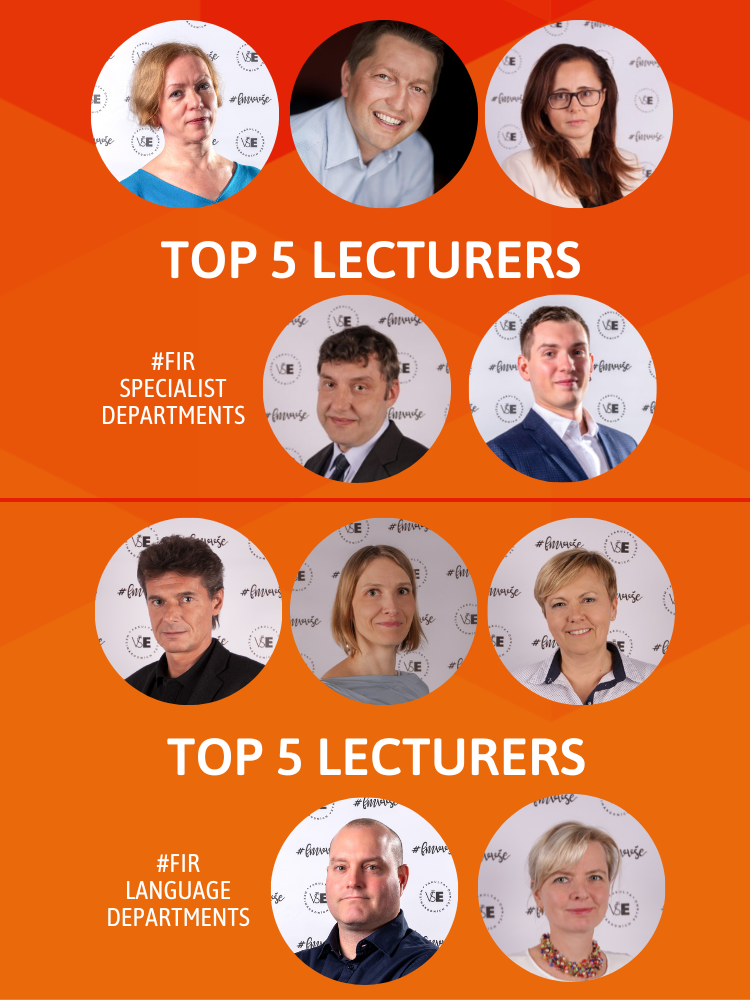Top-rated courses and teachers at FIR in the fall semester!
At the end of every semester, student evaluations are traditionally held. Students have the opportunity to evaluate both the courses they have studied during the semester and their teachers – in terms of quality, professionalism, preparedness, and other criteria. How did the evaluation in the fall semester 2022 turn out?
“We see anonymous student evaluations of teaching – whether they are of instructors or individual courses – as a vital and valuable source of authentic information from the most important group – the students themselves. This allows us not only to better make changes to existing courses, benchmark them against others, but also to evaluate the quality of teaching by individual teachers. The comments and data are analysed continuously every semester by course guarantors, heads of departments and faculty management,” explains Vice Dean Daniel Houska.
“Apart from the best-rated courses (with at least 25 ratings, see below), it is necessary to highlight also the specialised courses (which by definition have low ratings) and their teachers – in the past fall semester, for example, courses related to international marketing communication (an elective course led by Dr. Kral), financial strategies in international business (a course in English taught as part of the minor specialisation “Internatonal Business Strategies” led by the dean, Assoc. Taušer) or multilevel decision-making in the EU (a course taught by Dr. Antal for the programme and the minor specialisation European Economic Integration); these courses received the maximum possible rating in all the criteria monitored and are proof of the possibilities of quality development even within the chosen narrow profile of the graduate. The given placement means a great appreciation of their work,” adds the Vice Dean.
Satisfaction with the quality of the course, its difficulty, usefulness but also the interest and availability of materials and literature are reflected in the overall evaluation of the courses.
The overall evaluation of the lecturers includes their qualifications and expertise, the preparedness of the lectures/exercises, the clarity of the explanation and the ability to explain the material, the interest and ability to answer and solve students’ questions/problems.
Course evaluations by students were conducted at the end of the fall semester of the 2021-2022 academic year. To be listed in the following order, there must be at least 25 evaluations in both categories.
You can also look forward to the “Educator of the Year” results, which will be announced on March 1. The best educators of the year will be awarded by the Rector of the University of Economics, summarizing the results of the surveys for both past semesters.
The course examines the current developments, status, problems and major risks of the global economy and key countries (regional markets). It introduces students to selected trends in the global economy (changes in the power and position of the largest economies, the development of state capitalism). Based on an understanding of current processes in the global economy and key regional markets, it creates the conditions for understanding the opportunities and risks for Czech exporters and investors to enter these markets. The main objective of the course Global Power Politics is to systematize partial knowledge concerning power in international relations, its conception, its reflection in theoretical concepts and development tendencies with a focus on the turn of the 20th and 21st centuries. The content of the course also includes the identification of their centers by focusing on the introduction of traditional and new great powers. The course introduces students to the main trends of power shifts over time and takes into account the effects of globalization and the formation of contours of global governance The course provides a basic overview of the most important theories of international relations, their development, key concepts and their relationship with the research methods they typically apply. The course is arranged chronologically and focuses in turn on the precursors of international relations theories, the birth of the discipline of international relations, classical theories such as realism or liberalism, and then a range of post-positivist approaches (constructivism, poststructuralism, feminism, etc.). It also introduces students to qualitative and quantitative research and methods (case study, game theory, discourse analysis, etc.), including the use of data analysis software. The aim of the course is to teach students how to navigate the policy process, strengthen their ability to analyse crisis situations and anticipate outcomes based on their knowledge of how political systems work. The course covers all relevant campuses of the contemporary world and current trends. The aim of the course is for students to gain a basic orientation in the principles and possibilities of the social sciences, in particular to learn to use basic concepts correctly, to approach information critically (e.g. to analyse information from mass media) and to work adequately with sources of information of different nature (sources, specialist literature, etc.). In summary, these skills will then find practical application in the individual conception of a research project in the form of a final seminar paper.Top-ranked specialist subjects (fall semester 2022)

2SE440 Regional Markets in Global Perspective

2SM446 Global Power Politics
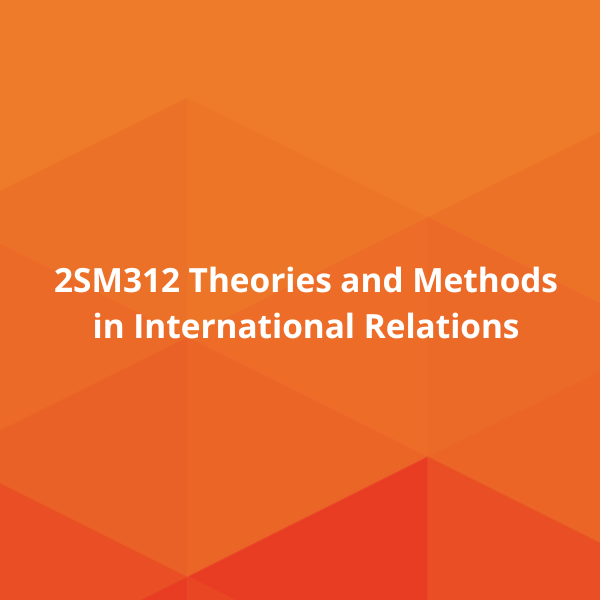
2SM312 Theories and Methods in International Relations
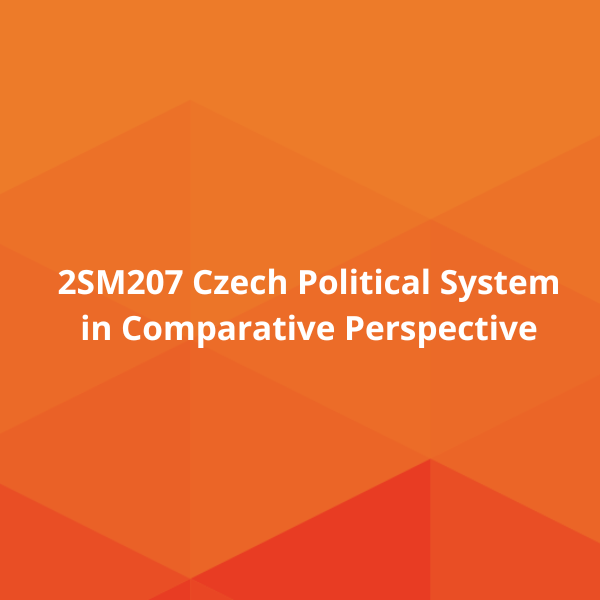
2SM207 Czech Political System in Comparative Perspective
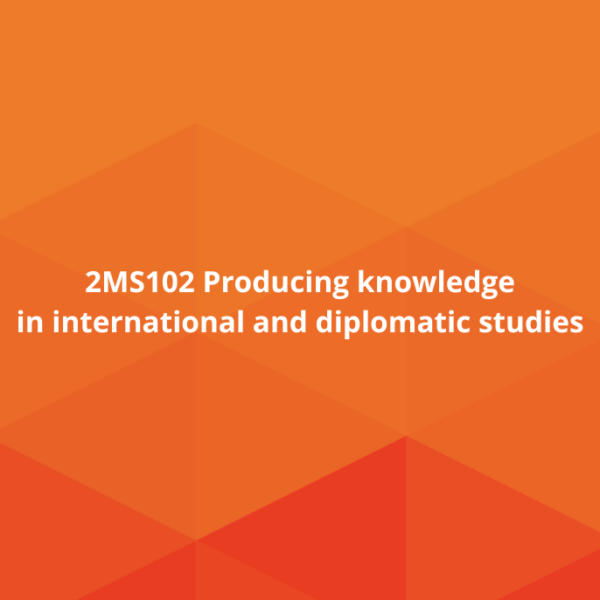
2MS102 Producing knowledge in international and diplomatic studies
Top-ranked language courses (fall semester 2022)
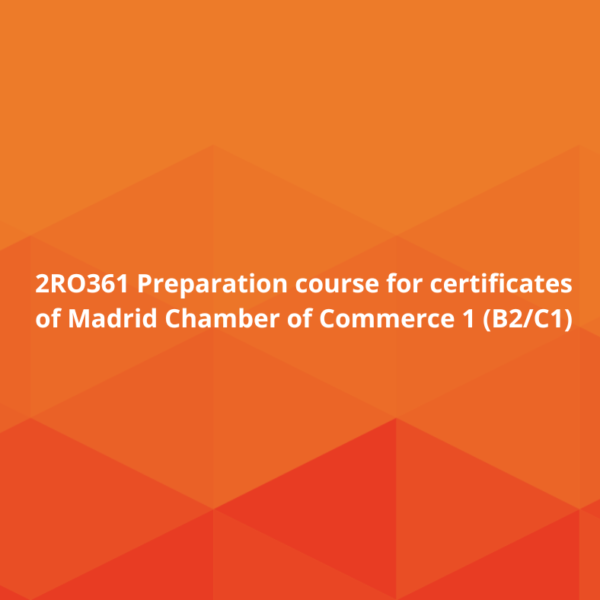
2RO361 Preparation course for certificates of Madrid Chamber of Commerce 1 (B2/C1)
The first part of the two-semester course is intended for all FMV students and its programme focuses on selected issues of international trade, basic types of business correspondence, deepening knowledge of professional terminology and developing communication skills in Spanish. The course is designed as the first part of the preparation for the Madrid Chamber of Commerce exams and aims at obtaining the B2/C1 language level of the SERRJ.
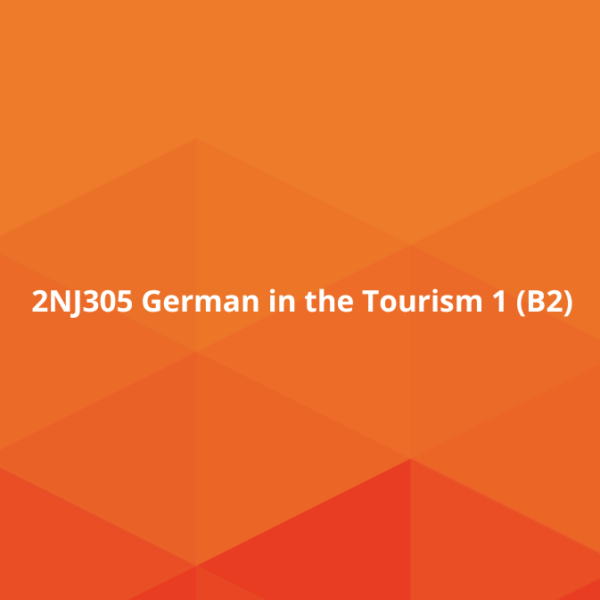
2NJ305 German in the Tourism 1 (B2)
The aim of the course is to deepen professional language competence at B2 level in the field of professional German for tourism. Emphasis is also placed on the development of all language skills and linguistic resources, with an emphasis on the macroeconomic concept of the field.
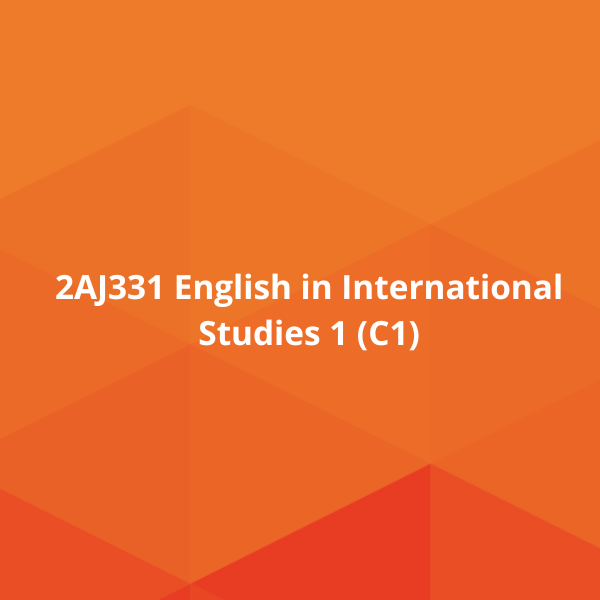
2AJ331 English in International Studies 1 (C1)
The course focuses on the development and enrichment of oral and written vocabulary based on authentic English materials related to international legal issues and institutions. This is done primarily through discussion based on the materials presented, and the development and defense of one’s own opinions. The course is at level C1 of the CEFR.
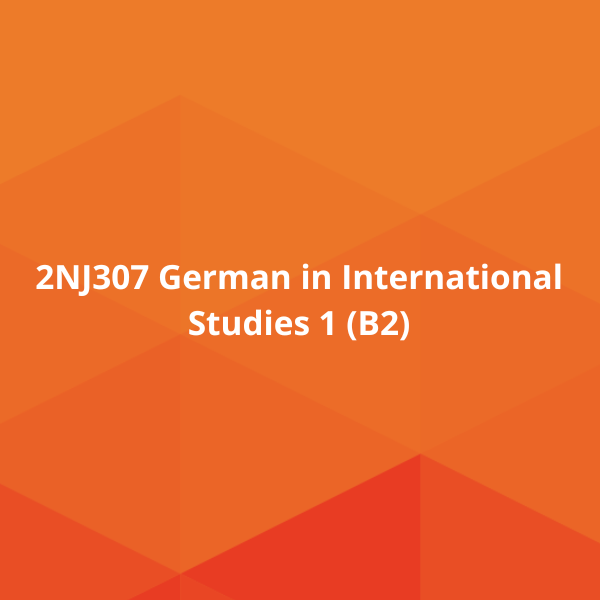
2NJ307 German in International Studies 1 (B2)
The main aim of the course is to develop vocabulary and oral and written communicative skills within the field of study. This is done by using basic study material supplemented by current media articles and watching television news. It also supports the formulation and defence of one’s own opinions on the topics discussed in discussions.
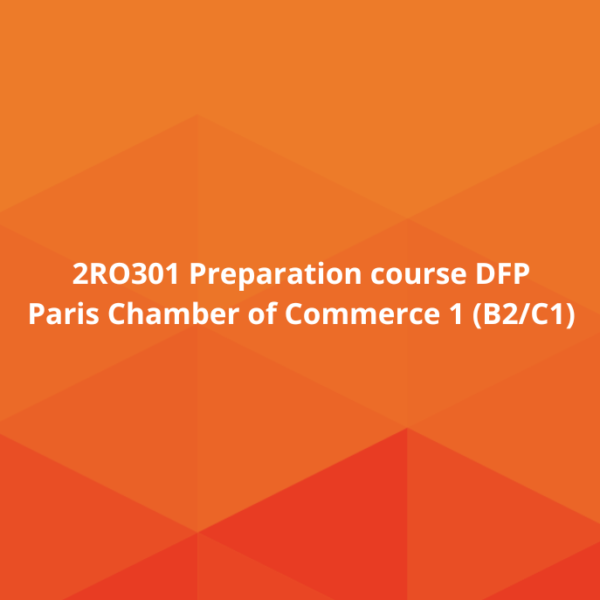
2RO301 Preparation course DFP Paris Chamber of Commerce 1 (B2/C1)
The course is aimed at deepening knowledge of specialised terminology and communication skills in oral and written expression in various professional contexts, with a narrower focus on French in diplomacy and international relations and on French in tourism and legal French. The course is designed as the first part of a two-semester preparation for the Paris Chamber of Commerce exams – level B2 of the Common European Framework of Reference (DFP – Diplôme de français professionnel).
Top-rated lecturers in specialist departments (fall semester 2022)
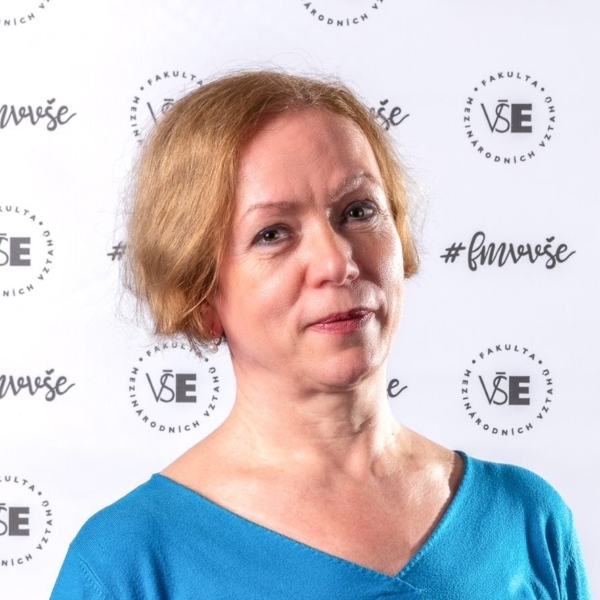
Ing. Elvíra Čermáková
Department of International Business
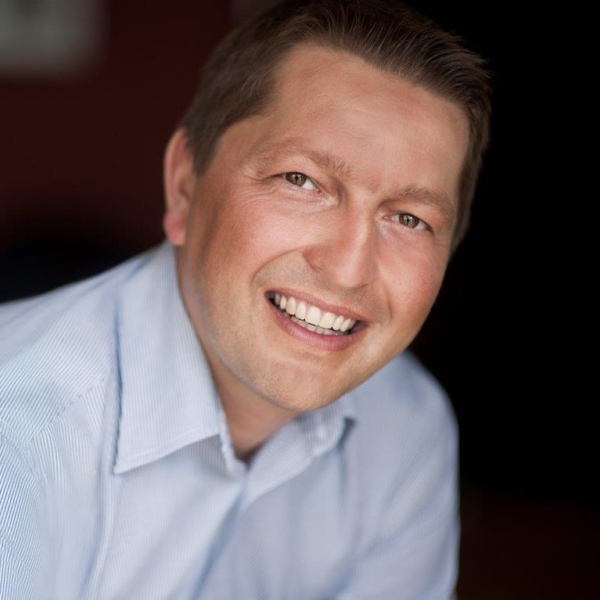
Ing. Radim Sršeň, Ph.D
Department of International and Diplomatic Studies
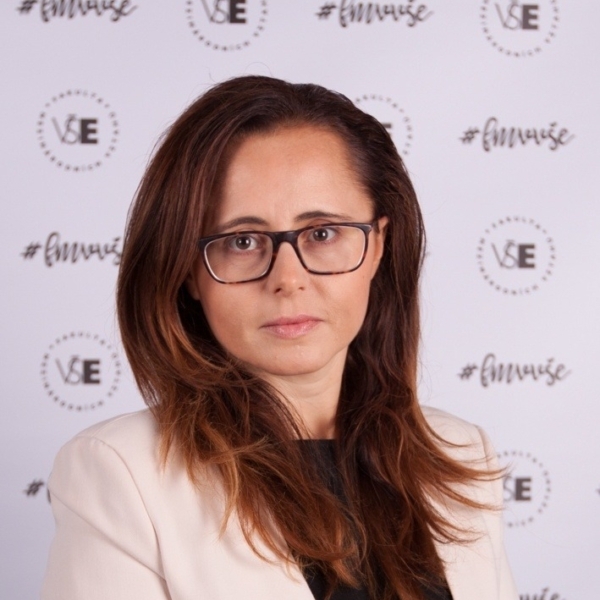
doc. Ing. Zuzana Stuchlíková, Ph.D.
Department of International Economic Relations
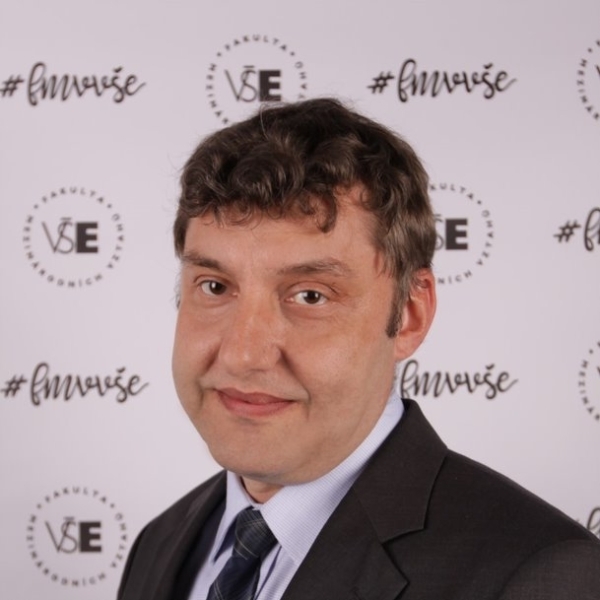
Ing. Zbyněk Dubský, Ph.D.
Department of International and Diplomatic Studies
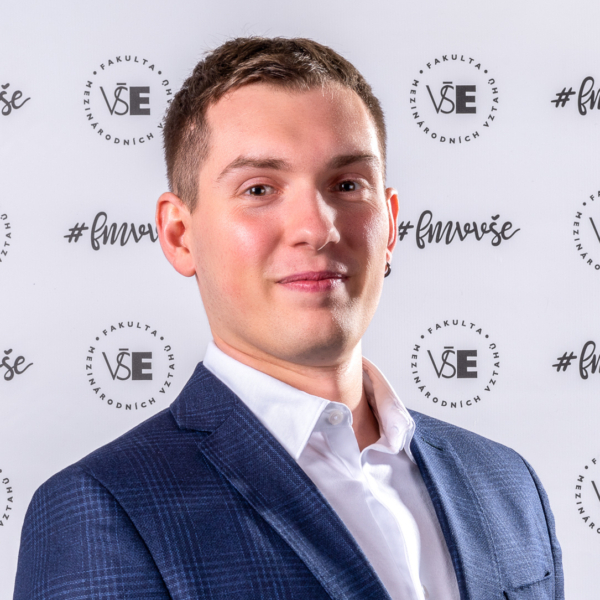
Ing. Dominik Kohut
Department of International Economic Relations
Top-rated lecturers from language departments (fall semester 2022)

PhDr. Jaroslav Březina, Ph.D.
Department of German
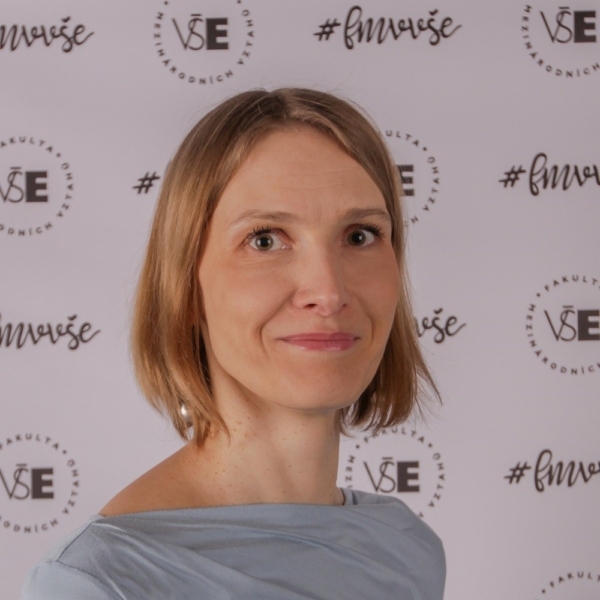
Mgr. Pavla Nováková
Department of English
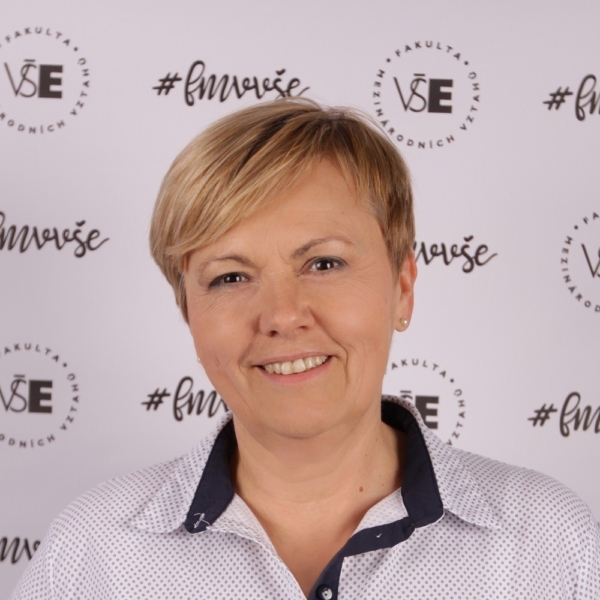
PaedDr. Dana Bednářová
Department of German

Paul Anthony Venturo, M.A..
Department of English
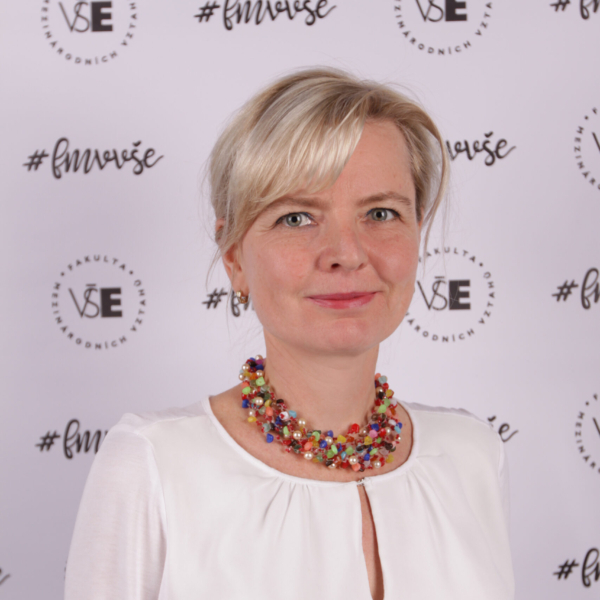
PhDr. Lenka Kalousková, Ph.D.
Department of German
